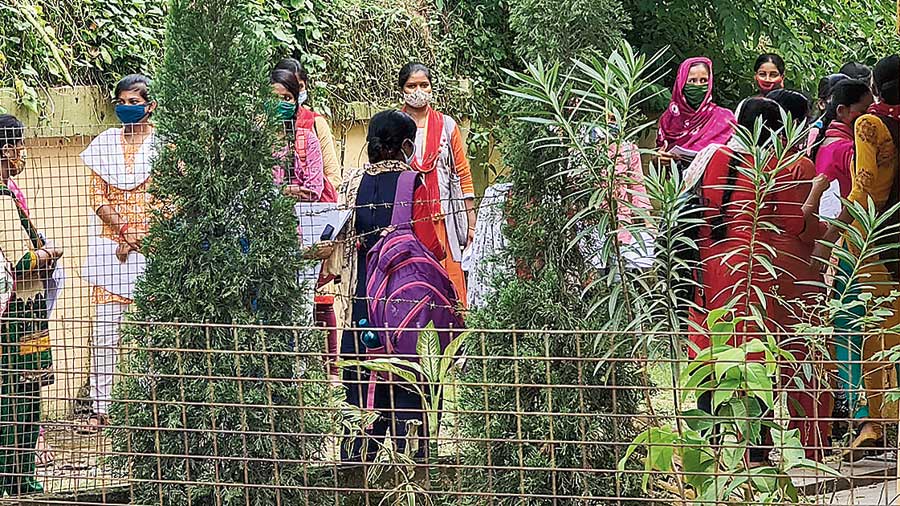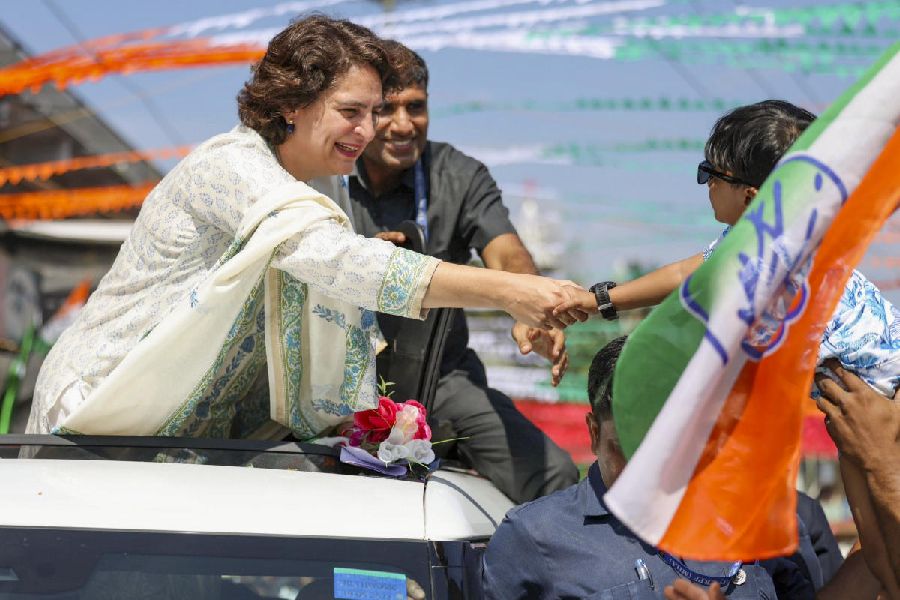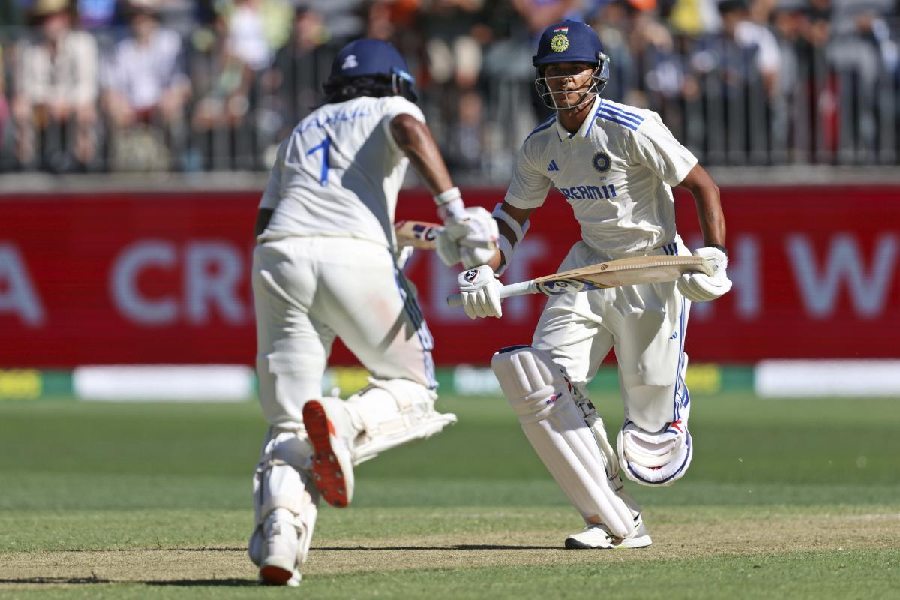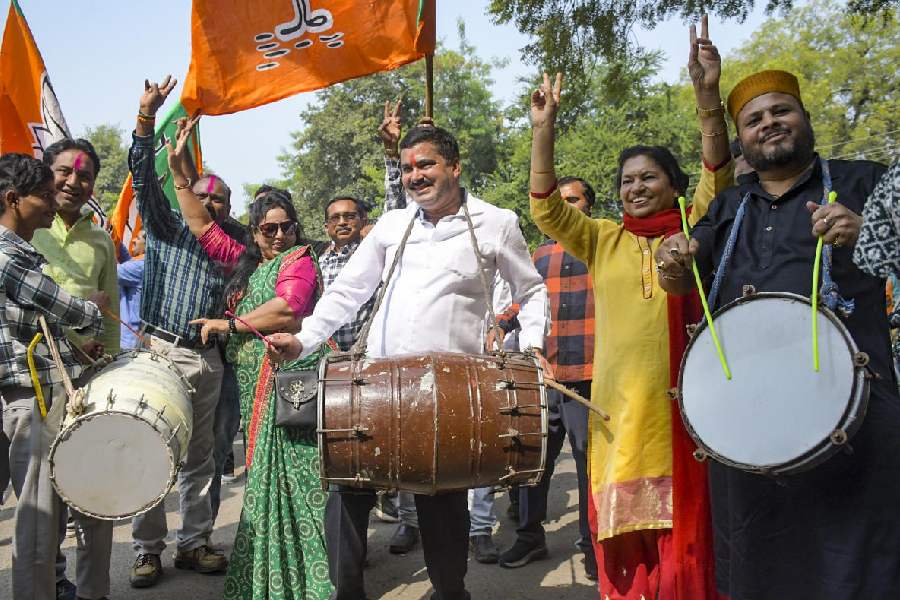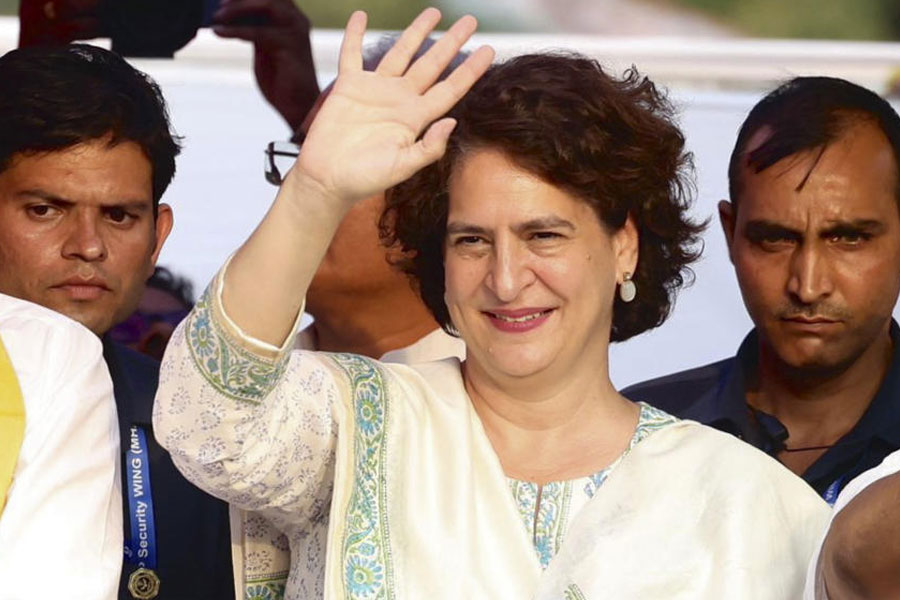The National Human Rights Commission on Thursday referred to reports about girls being auctioned and their mothers raped to settle disputes or loans in Rajasthan, all at the behest of caste panchayats, and sought a comprehensive report from state authorities within four weeks.
Citing news reports, the commission said that girls aged between 8 and 18 were being auctioned — the sales formalised on stamp paper — so that families could pay off their debts. The girls were being sent to Uttar Pradesh, Madhya Pradesh, Mumbai, Delhi and even foreign countries where they lived virtually as slaves and faced torture and sexual assault.
The commission cited the example of Bhilwada district where, according to reports, parties involved in disputes approach the caste panchayats — illegal kangaroo courts not to be confused with elected panchayats — instead of the police.
This becomes the first step in turning girls into slaves or, if they are not sold, their mothers being ordered to be raped, the commission said.
It mentioned how a caste panchayat had forced a man, who had a Rs 15-lakh debt, to auction his sister and, when his debt was still not cleared, sell his 12-year-old daughter and eventually five other girls from the family.
Another man, who had sold his house and taken loans worth Rs 12 lakh for the treatment of his wife and mother, sold his minor daughter for Rs 6 lakh.
Those who bought the girl took her to Agra, where she was “sold three times and became pregnant four times”, the commission said.
The rights panel has asked its special rapporteur, Umesh Kumar Sharma, to visit the areas in Rajasthan where these crimes allegedly happened and submit a report on the incidents and the prevailing local practices, preferably within three months.
The commission has issued a notice to the Rajasthan chief secretary seeking a
detailed report on the incidents, along with an action-taken report on the measures adopted or, if not, proposed to be adopted to prevent such incidents.
The report must also contain how “the state government is ensuring” that the gram panchayats are working, “under the panchayati raj law, to eradicate the caste-based system impinging the human rights and the right to dignity of girls and women in the state”, the commission said in a media release.
A notice has also been issued to the Rajasthan director-general of police to submit a report mentioning what criminal proceedings had been initiated against the accused
and their abettors and sympathisers.
The report must contain the status of the cases, including the registration of FIRs, chargesheets, arrests — if any — and the efforts made to arrest those involved in the flesh trade in the state.
The report must also mention the steps being taken or proposed to be taken against the public servants purported to have neglected their duty to prevent such crimes. The responses from the chief secretary and the DGP are expected within four weeks.

